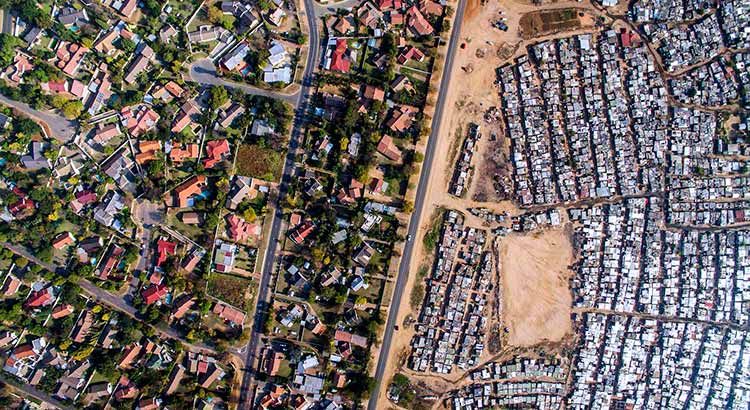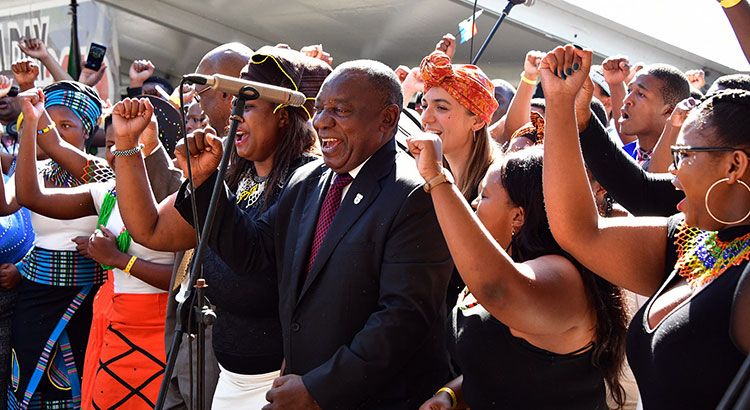Xenophobic violence and spatial inequality in South Africa
In recent violent attacks against African foreigners living in South Africa 12 people were killed. While xenophobic rhetoric has become increasingly normalised in the country’s political discourse, the latest violence has had domestic and international implications. Importantly, this violence must be seen in context of the continuation of South Africa’s colonial and apartheid era structures, which still play a crucial role in most South Africans’ everyday lives. Given that land reform is an unfinished and hotly discussed political project, we argue that intense economic and spatial inequality as remnants of the past are important contributors to recent violence, specifically against foreigners in South Africa.

